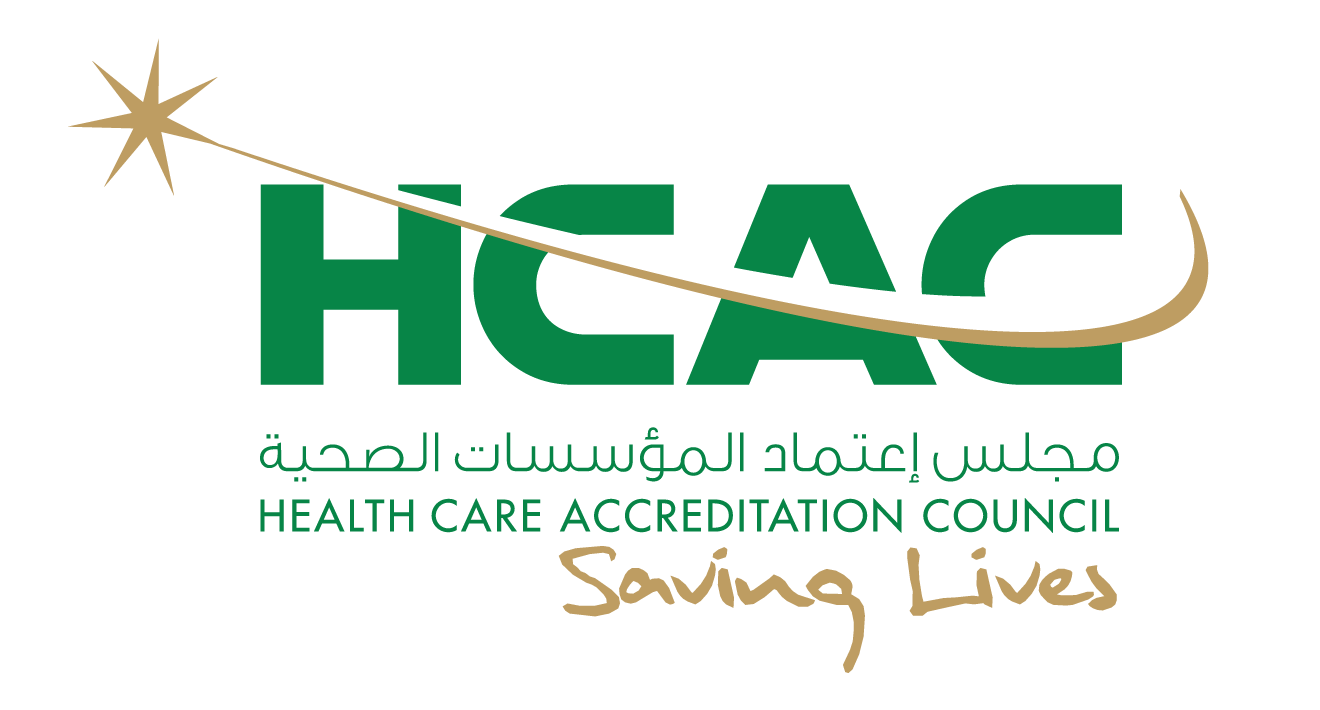RESILIENT HEALTH SYSTEMS:
ENHANCING QUALITY AND SAFETY
PATIENTS ALWAYS AT THE HEART
A FUTURE PERSPECTIVE
Sessions
DAY 1: NOVEMBER 25, 2025
Download Sessions Materials
Session 1
Upholding Quality in Crisis: Healthcare Resilience in Conflict Zones
11:00 - 12:30
Featuring:
Dr. Mahmoud Aloubani, UK
Dr. Yanal Ajlouni, Jordan
Dr. Nasser Yassin, Lebanon
Moderated by Dr. Fawzi Al Hammori
Healthcare systems in conflict zones face immense challenges, including infrastructure destruction, shortages of medical supplies, workforce displacement, and security risks. Despite these adversities, ensuring the quality and resilience of healthcare services remains paramount. Resilient healthcare in conflict zones requires innovative, adaptable, and collaborative approaches. By integrating technology, strengthening supply chains, and fostering global partnerships, healthcare providers can continue to deliver quality care despite the challenges posed by war and crises. Prioritizing healthcare resilience not only saves lives but also lays the foundation for post-conflict recovery and sustainable development. This session explores strategies to uphold healthcare quality in crisis settings, leveraging innovative solutions, partnerships, and adaptive methodologies.
Download Materials
Health Report
Session 2
Accreditation and Value Based Health Care
12:30 - 14:00
Featuring:
Dr. Ellen Joan Van Vliet, Netherland
Prof. Jeffery Braithwaite, Australia
Dr. Reem F. Bunyan, KSA
Ms. Laila Tamimi, Oman
Dr. Khalid Kheder, KSA
Moderated by Ms. Salma Jaouni
Accreditation and Value-Based Health Care (VBHC) both aims to enhance health care quality, patient safety, and efficiency. However, they differ in purpose, methodology, and impact on health care organizations, in this session the discussion will be around how the Accreditation and VBHC drives continuous improvement and financial sustainability. By integrating both, health care organizations can enhance patient outcomes, operational efficiency, and financial performance.
Download Materials
Session 3
Healthcare workforce challenges and insights
15:00 - 16:30
Featuring:
Prof. Dr. Elsayed Elokda, Egypt
Dr. Carsten Engel, Denmark
Dr. Jihan Qaryouti, Jordan
Dr. Aref Abed, Jordan
Dr. Rashad Masoud, USA
Moderated by Dr. Ismail Matalka
The healthcare workforce is facing a variety of challenges, ranging from staffing shortages to burnout and evolving technology. Building a resilient healthcare workforce is essential for maintaining high-quality care, adapting to crises, and ensuring long-term sustainability. This session will shed the light on proactive planning, investment in well-being, and strategic use of technology. By addressing shortages, improving working conditions, and fostering innovation, healthcare systems can better withstand crises and deliver high-quality resilient care.
Download Materials
DAY 2: NOVEMBER 26, 2025
Download Sessions Materials
Session 4
Resilient Primary Health Care, The Foundation of Universal Health Coverage
09:00 - 10:30
Featuring:
Dr. Ezequiel Garcia, Brazil
Dr. Ahmad Taha, Egypt
Dr. Reem Ajlouni, Jordan
Dr. Basel Elian, Jordan
Fitna Alnuaimi, Qatar
Ali Abaid, Iraq
Moderated by Dr. Fadia Samara
A resilient Primary Health Care (PHC) system is the cornerstone of Universal Health Coverage (UHC). By ensuring accessible, affordable, and high-quality primary care, health systems can address the majority of health needs, prevent diseases, and respond effectively to public health challenges. A strong PHC system reduces healthcare costs, improves equity, and enhances overall system resilience. The focus of this session will be on the strategies for strengthening PHC for UHC such as expanding access to primary care services, strengthening financial protection and health insurance, leveraging digital health and AI, building a resilient healthcare workforce, and enhancing crisis preparedness and response.
Download Materials
Session 5
Integration of artificial intelligence and digital health into quality systems
11:00 - 12:30
Featuring:
Prof. Johanna Westbrook, Australia
Eng. Omar Ayash, Jordan
Prof. Mohammad Odeh, UK
Dr. Anas Alkamiyani, Oman
Dr. Ibrahim Labib, Jordan
Dr. Asif Ali, USA
Moderated by Dr. Suliman Ghamedi
The integration of AI and digital health into healthcare quality systems is transforming patient care, operational efficiency, and decision-making. By leveraging these technologies, healthcare systems can enhance accuracy, efficiency and patient outcomes while ensuring compliance with quality standards. This session will address how the integration of AI and digital health into healthcare quality systems enhances patient safety, operational efficiency, and decision-making. While challenges exist, responsible AI deployment with ethical oversight and strong data governance will shape the future of high-quality healthcare.
Download Materials
Session 6
Sustainability in Healthcare
12:30 - 14:00
Featuring:
Prof. Jeffery Braithwaite, Australia
Dr. Salah Al-Aqtash, UAE
Dr. Alaa Alsheikh, Jordan
Dr. Zaid Makahleh, Jordan
Prof. Khalid Kheirallah, Jordan
Mr. Thomas Dakin, Switzerland
Moderated by Dr. Ismail Matalka
Healthcare systems face growing challenges in delivering high-quality care while ensuring long-term sustainability across environmental, economic, and social dimensions. This session will explore how sustainable healthcare practices can improve resource efficiency, reduce costs, support workforce well-being, and minimize environmental impact. From responsible procurement and waste management to equitable access and staff resilience, adopting a holistic approach to sustainability strengthens healthcare systems and enhances their ability to serve communities now and in the future.
Download Materials
